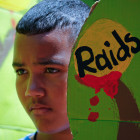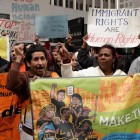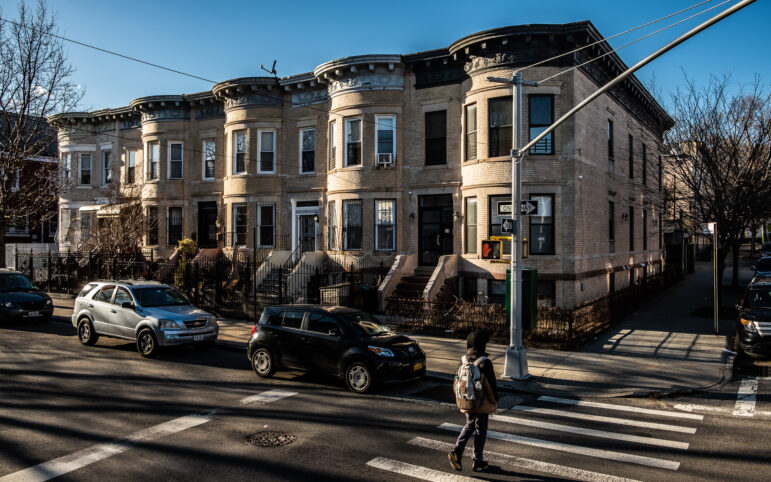At a recent city council hearing, local immigrants and their advocates spoke with restrained optimism about Paterson’s new panel, which held its first meeting the last week of May. By: Chris Giblin
At a hearing conducted last week by the City Council’s Immigration Committee, city officials and residents spoke with restrained optimism regarding Gov. Paterson’s recently created immigrant pardon panel. The panel – designed to review the pardon requests of ex-convicts facing the threat of deportation – held its first meeting on Monday, May 24th, according to Paterson’s Director of Communications, Morgan Hook. A pardon from the panel – the first of its kind in the country – would prevent an ex-convict’s deportation by wiping his criminal record clean.Mark Maynard, a Guyanese immigrant who testified at the City Council’s hearing, said he is worthy of such a pardon. Maynard testified that he emigrated to the United States at the age of nine, was convicted of armed robbery in 2000, and is now facing the threat of deportation.






